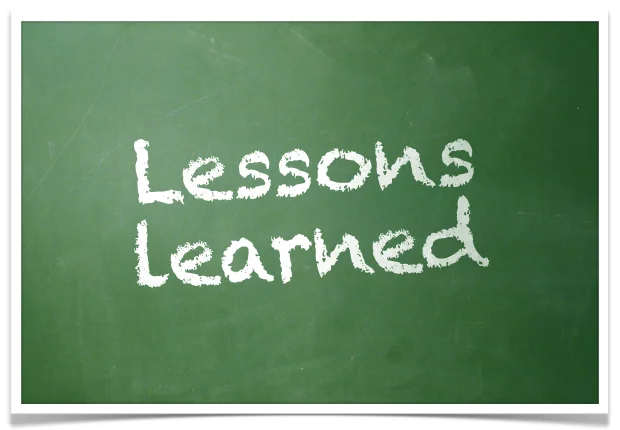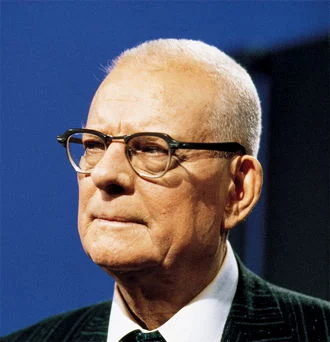An asset is defined as “a useful or valuable thing or person”. The problem in business is that most leaders forget about the person aspect of this definition. Business leaders typically focus on tangible or intangible assets that the firm owns. Most assets that are front-and-center within day-to-day business are inventories, buildings, equipment, patents, copyrights, or financial assets such as stocks or bonds. However, this limited perception ignores the most valuable corporate asset; every, single employee.
Kaizen Culture
Kaizen is a Japanese term typically translated to continuous improvement that covers the processes and theory for ongoing improvements. The theory (and term) was introduced to the West by Masaaki Imai in his legendary book, Kaizen: The Key to Japan’s Competitive Success. Imai outlined the following principles of kaizen:
Good processes bring good results
Go see for yourself to grasp the current situation
Speak with data, manage by facts
Take action to contain and correct root causes of problems
Work as a team
Kaizen is everybody’s business
Creative Alternatives
A great method to drive innovation throughout the organization is to constantly search for alternative ways of doing business. A key part of the de Bono Thinking Systems is the use of alternatives. Creativity is about finding alternatives, different ways of doing things. Too often we are satisfied with the current state and avoid any effort for improvement. Before we realize it, our sales are declining and customers are moving to our competitors. We should always be looking for new ways to improve a product, process, or business operation. Not just when problems occur or during special situations, but always, every day!
After-action Review
Your team has been working for months on the new product rollout. Product photos and videos have been produced and launched. Media events are moving along and social media plans are engaging with consumers. Sales people are meeting with retailers to demonstrate the new product and educate staff. National advertisements are launched and hitting large regional markets. But something is not right.
Kaizen Comedy
As a business professional, you can develop a kaizen philosophy learning from stand-up comedians. Don’t laugh, successful comedians live and breathe based on a mindset (and practice) of continuous improvement. Never being satisfied with their current work, they continually refine and change their jokes and stories. They embrace failure based on “bombing” and then going back and rewriting their jokes.
The System of Profound Knowledge
Dr. W. Edwards Deming, primarily known as the God of Quality and the usage of statistical control techniques, focused on areas where management needs apply energy; understanding of statistical control techniques, the realization of everything being a process, and the importance on focusing on people, not technology, costs, or other variables. Deming felt that true organizational change had to come from the top-down.
Taiichi Ohno and The Toyota Production System
I recently re-read Yoshihito Wakamatsu’s great book, The Toyota Mindset: The Ten Commandments of Taiichi Ohno. Taiichi Ohno was the incredible mind behind the Toyota Production System (TPS), the system that brought Lean into the mainstream and developed the foundation for one of the world’s largest and most successful automotive brands







